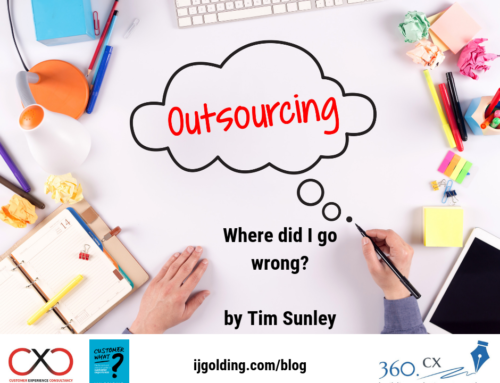
Picture a room full of strangers at a party you’ve just arrived at, as you walk in there’s one voice you can hear above the rest, bragging about how they have the biggest house, the fastest car, the best job. Are you going to want to talk to that person? No – who wants to listen to somebody talk incessantly about themselves? Unfortunately this is how a lot of businesses talk to the outside world and end up being ignored.
So why do businesses end up sounding like a self-obsessed party bore? Businesses are made up of people and all people have an ego – and let’s face it, we all like it stroked every now and again. The problem is that work allows egos to run riot. The reward that comes from recognition encourages self-perpetuating behavior and boasting, which often goes unchecked. Communication within organisations is to a captive audience, professionally bound to listen – or at least fain interest (I know I’ve dutifully clapped many a sleep inducing presentation). Businesses need to remember the outside world isn’t on their payroll, or duty bound to listen to their hype. As a general rule, egos should stay as a confidence boosting voice inside our heads, not the one we use to communicate with (unless you want a one-way conversation).
Putting our ego in check is part of everyday life. Much like we hold back on what we say to keep a conversation going; we need to apply the same restraint in our corporate communications. Companies need to remember the basic rules of communication to get people to care about what they say. If you want your audience to listen, what you say has to be interesting, relevant and useful to them.
The larger the business, the easier it is to forget they are engaging in a human-to-human conversation with their audience. Businesses tend to over elaborate, using sales speak and corporate jargon to impress their customers – a language nobody uses, or trusts, in the real world. The more clever adjectives you use to dress up a service, the harder you’re making it for customers to get to the facts they need to decide if it’s right for them. People want to know what it is you have to offer and how it benefits them, not what you think of it. Put simply, the harder you make your audience work to get the answers they want, the less they will pay attention.
While the digital world has given us great new ways to communicate with customers, the battle to gain their attention has never been harder. People are making faster decisions about what they do and don’t want to engage with. Research by Microsoft proved the average human attention span has fallen from 12 seconds in 2000, when the mobile revolution began, to eight seconds in 2015. Goldfish, meanwhile, are believed to have an attention span of nine seconds (yes, we’ve got that bad). Data scientists Chartbeat also analysed how people read online and found when people click on a story, most will only scroll through 60% of the article – so even if your customers are interested in reading about you, 40% of what you say is lost. For editorial ads online it’s even worse, only 24% will scroll at all.
Knowing you might only get a few seconds of your customer’s time, how much of that do you want to spend blowing your own trumpet? Put yourself in the shoes of your customer; go through your company’s communications and time how long it takes to get the information you would need to commit to giving your custom. Read your communications out loud, do they sound natural and human? Do your press releases get to the point quickly and still make sense for customers if they only read 60% of the story? Do your company’s vision and values set the right tone to engage your customers – or are they too focused on what’s is good for the business?
Ineffective, self-indulgent corporate communication is easily remedied when we ditch the ego. Businesses need to show some humility and remember they’re speaking to real people with little time to spare. If that’s too hard – just imagine you’re talking to a goldfish.

After leading PR and internal communications teams at the world’s largest bank, Nigel Owen now works as a freelance consultant, providing communication strategy to Government and the private sector.






Leave A Comment